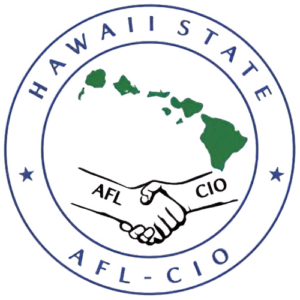The article below was submitted and published by Civil Beat on 2/2/23, “Combating Invasive Species A Priority For UH Faculty“
The decisions made within the walls of the State Capitol have far-reaching implications for UH faculty and affect everyone and everything in Hawai‘i, now and for future generations. Throughout this legislative session, UHPA will explain how proposed legislation affects our quality of life and why it is imperative for UH faculty and community members to stand together and advocate for our island home. The following article is the first in this legislative session.
Creatures with Bad Habits Ruining Our Paradise
Invasive species have stealthily entered our islands and wreaked havoc on our environment and economy. It’s a serious problem that threatens native plants, animals, and locally grown crops. Their impact threatens our state’s food security and resilience.
UH Faculty are Crucial to Biosecurity
Combating the increasing number of invasive species is a priority for UH faculty. Fortunately, UH faculty members are already engaged in research and activities addressing many of these threats. However, they are hampered by ongoing inadequate state budget allocations which further erode our efforts to improve our state’s food security. Climate change will only exacerbate this funding problem by bringing even more invasive species to our shores.
Hawai‘i Must Invest in Biosecurity
Biosecurity experts testifying at a Jan. 26 legislative informational session noted that the prevention efforts for the brown tree snake, miconia, little fire ant, and red imported fire ant, as well as other initiatives in the state’s biosecurity plan, are estimated to cost $38 million. The Department of Land and Natural Resources and the Department of Agriculture combined typically receive less than 2% of the state’s operating budget.
The takeaway from the session jointly held by the Senate Committee on Agriculture and Environment and House Committees on Energy & Environmental Protection, Agriculture & Food Systems, and Land & Water: Hawai’i urgently needs to invest in biosecurity.
Restore and Fill Critical UH Faculty Positions Now
A Honolulu Civil Beat article on this crucial issue aptly noted: “Take the University of Hawaii: It lost 70 positions over the course of the pandemic within the College of Tropical Agriculture and Human Resources. Many of those roles — research among them — inform strategies to increase biosecurity. It has since recovered 21 positions.” Read the full article here. It is important to note a university-wide hiring freeze during the pandemic did not help this.
The Hawai‘i Invasive Species Council, established 20 years ago by the University of Hawai‘i and the state Departments of Land & Natural Resources, Agriculture, Health, Transportation and Business, Economic Development & Tourism, has designated February as Hawai‘i Invasive Species Awareness Month to highlight the myths about invasive species impacting our islands.
Funding Realities on the Frontlines of Research
UHPA President David Duffy, a UH professor in the Botany Department and a graduate professor in zoology, ecology, evolution, and conservation biology, is well acquainted with tenuous funding for research. He directed the UH Pacific Cooperative Studies Unit, now in the School of Life Sciences, for more than 20 years and helped to establish and manage the invasive species committees on all the islands, which serve as the first line of defense against newly invasive species.
The Pacific Cooperative Studies Unit also helped found and manage the watershed partnerships on each island to ensure a safe drinking water supply for Hawai‘i residents and businesses. In collaboration with the Hawai‘i Department of Agriculture, Professor Duffy’s work also included nurturing the development of a Hawaiian Ant Lab, which provides expertise and research on preventing the establishment of little fire ants.
“All of these groups depend on soft money from the state, counties, and the federal government,” he said. “This makes it difficult to plan and sustain operations from year to year.”
Honoring UH Faculty Biosecurity Heroes
We should also designate this month to recognize and appreciate the shrinking army of UH faculty who have been on the frontlines to combat invasive species and trying to fortify our defenses with the limited staff they currently have. When we eat our papaya at breakfast, sip our Kona coffee, or proudly “buy local” at the farmer’s market, let’s thank our UH faculty biosecurity heroes.



